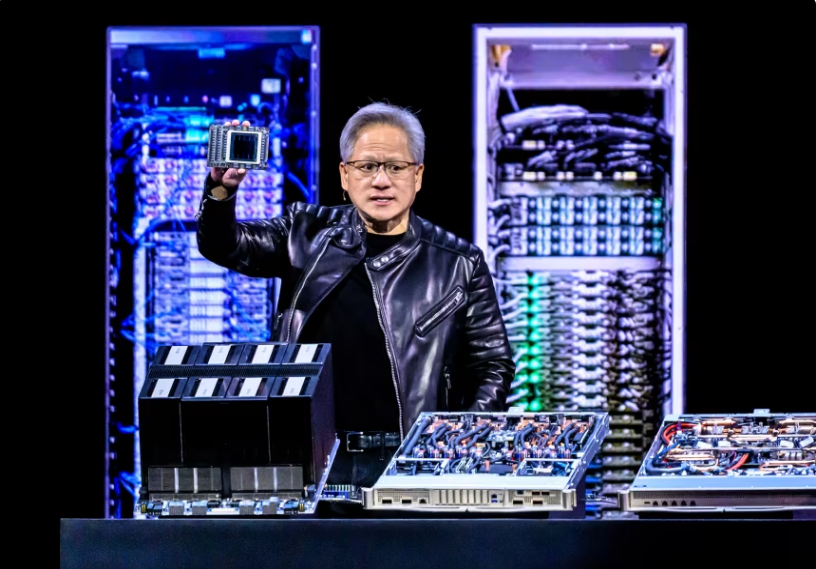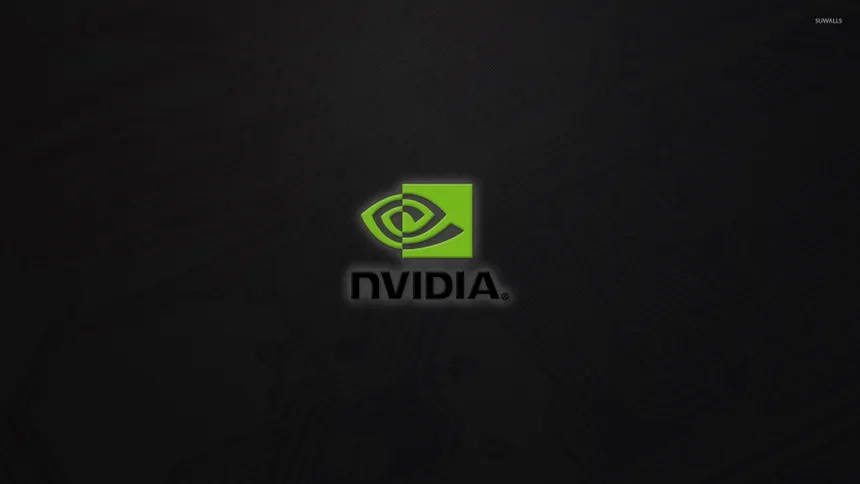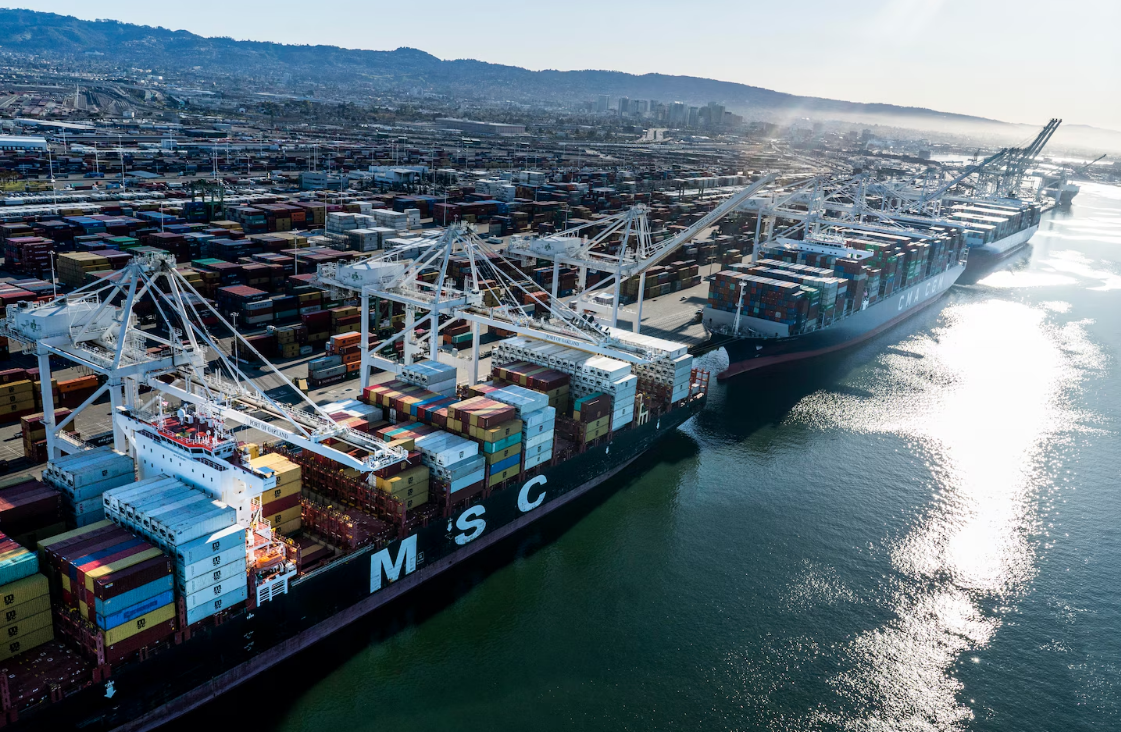Hong Kong’s Vanishing Voices : The Erosion Of Public Consultation
In Hong Kong, a once-vibrant platform for public discourse and dissent is fading into obscurity. The city’s leader, John Lee, has been conducting a series of so-called “public consultation” meetings ahead of his annual policy address in October. However, there’s a significant catch: these gatherings seem to lack any genuine criticism of government policies or assessments of his performance.
John Lee’s administration has scheduled over 30 “public consultation meetings” leading up to his forthcoming policy address. On the surface, this may appear to be a commendable effort to engage with the public. In reality, it’s anything but. The meetings are characterized by their lack of transparency and inclusivity.
During two “regional consultations” held on August 20 and 27, the venues were closed to the media, and attendance was strictly invitation-only. While approximately 100 members of the public were present, the meetings were far from representative of Hong Kong’s diverse population.
The dearth of genuine public engagement becomes even more apparent when examining the composition of those who did raise questions. Legislative Councilor Tik Chi-yuen noted that at least one-third of the attendees had affiliations with pro- government political parties or represented Hong Kong at the Chinese Communist Party’s Political Consultative Conference. Others had backgrounds in uniformed services or local government, sectors where only pro-government candidates are now allowed to run for election.
Remarkably, during the two hours of questions and answers, not a single person criticized the government in any way. Instead, the atmosphere remained harmonious and superficial, with attendees skirting around political issues.
Critics argue that the government’s approach to public consultation is flawed. They argue that the meetings draw participants from a small, exclusive pool, creating a “closed circle” of voices. Democrats and young people, who often hold dissenting views, are conspicuously absent from these gatherings.
John Lee has defended his administration’s approach to public engagement, stating that there are numerous channels available for citizens to express their opinions. He cited his visits to different districts during the consultation period as evidence of the government’s proactive engagement with the public. However, this fails to address the fact that the individuals he meets at the district level are typically government supporters with pro-Beijing or pro-establishment backgrounds.
Since Lee’s “election” in a one-sided race last year, his administration has encouraged anyone with opinions or complaints to address them to the government in writing or by phone. While this may sound reasonable, it lacks the public accountability and transparency that true democracy demands.
Furthermore, the erosion of public consultation in Hong Kong is not limited to meetings with the leader. Anyone wishing to organize a political rally or demonstration must obtain approval from the police. Recent months have seen organizers forced to cancel planned marches due to police interference. Those rallies that do proceed require participants to register with their real names, wear numbered name badges, and march within a police cordon—a stark departure from the city’s previously vibrant tradition of free expression.
Hong Kong’s political landscape is undergoing a profound transformation. What was once a bastion of free speech and open debate is rapidly becoming a place where dissenting voices are silenced and government criticism is conspicuously absent. The erosion of public consultation and the tightening grip on political expression are worrisome signs for Hong Kong’s future as a vibrant, democratic city. As the world watches, the question remains: will the voices of Hong Kong’s people
be forever silenced, or will they find a way to reclaim their right to speak truth to power?
Even during Carrie Lam’s deeply unpopular tenure as chief executive, members of the public still had the opportunity to confront her, particularly regarding her controversial extradition plans that triggered the massive protest movement in 2019.
During a town-hall meeting she convened in 2019 to address the protests through dialogue, one attendee passionately criticized Lam, saying, “It’s because of you! It’s you!” They accused her of disregarding public opinion and called for her resignation. This person secured a ticket to the event through a computer- generated lottery system that selected participants randomly. Numerous other individuals at that time also adopted an assertive tone when addressing Lam. However, as Lam prepared for her final policy address in 2021, she significantly reduced the proportion of randomly selected applicants to just 10%, while extending more invitations to pro-government speakers.












